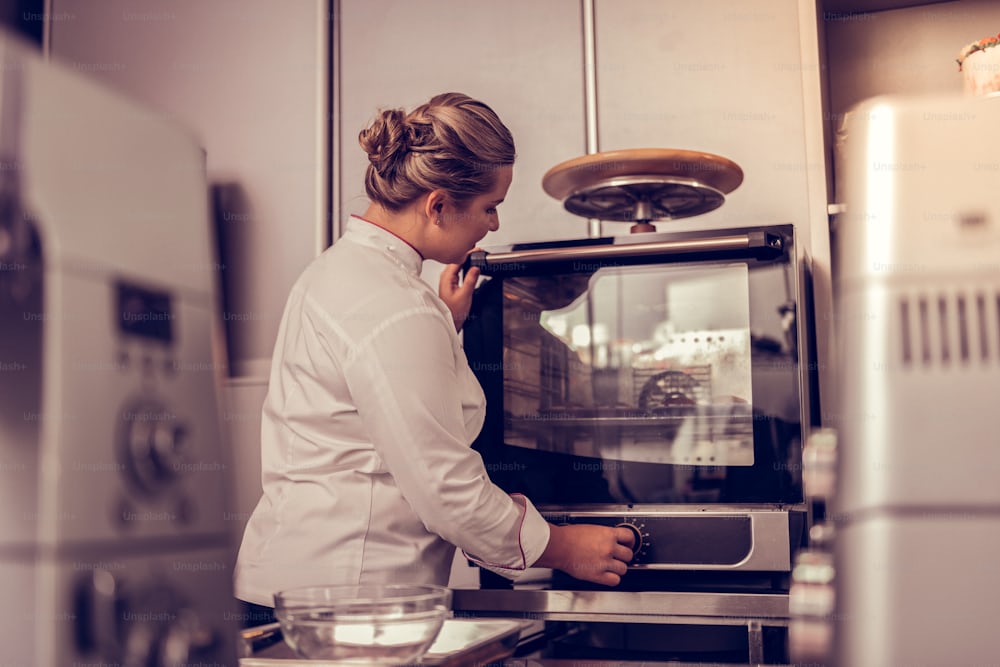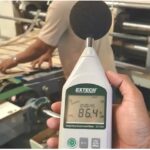Several popular kitchen appliances have come under fire recently due to safety concerns and potential health risks. These safety concerns have led to a wave of legal challenges and lawsuits.
Consumers have reported various issues, from malfunctioning devices to hazardous materials, raising questions about product safety standards. As legal action mounts, consumers and manufacturers must understand the stakes. According to PR Newswire, product recalls in the US reached a 7-year high in 2023, increasing by 11% in 2023 from 2022.
In this article, we will probe the appliances in question and the legal implications involved.
1. Toaster Ovens
Toaster ovens can have several manufacturing defects, including faulty wiring, overheating, and malfunctioning heating elements, all of which pose fire or burn hazards. Additionally, poorly insulated surfaces can lead to electric shocks or exterior overheating.
A notable example is the Cuisinart toaster oven, which was scrutinized in 2020 after consumers reported overheating and fire risks. According to Class Action, the model number TOB-40 was specifically reported by numerous consumers of their fire hazard problems. The brand faced several complaints in which the product emanated excessive heat and caused damage to nearby surfaces.
Cuisinart issued recalls on certain models to address these safety concerns and avoid further legal consequences.
2. Pressure Cookers
Pressure cookers can be hazardous due to the extreme pressure they build up during cooking. If the lid’s seal malfunctions or the pressure release valve fails, the cooker can explode, causing severe injuries like burns or scalds.
TorHoerman Law says that injured individuals can file a lawsuit against the manufacturer by proving defects in the product’s design or safety warnings. A notable ongoing lawsuit involves Instant Pot, where consumers reported injuries from explosions.
Victims should consult legal counsel to assess their case and pursue compensation for damages caused by pressure cooker explosion. The question here is, “Can a pressure cooker explode”? Yes, several such incidents have been reported.
If you’ve been injured by a pressure cooker explosion, you are entitled to pursue compensation through a product liability claim. You may hold the manufacturer, retailer, or distributor responsible for the defect that led to your injury.
3. Air Fryers
Air fryers can be hazardous if they suffer from defects like overheating, faulty wiring, or inadequate insulation. These problems might lead to fire risks or electrical shocks. Problems can also arise if the non-stick coating on the basket degrades, potentially releasing harmful chemicals when heated.
A prominent example is the recall of certain Insignia air fryer models in 2022 due to fire hazards. Consumers reported overheating issues that led to burns and property damage, prompting legal scrutiny and product recalls to address the safety concerns.
According to CNN, Best Buy recalled more than 250K Insignia Air fryers because of burn, fire, and laceration reports. The recall was announced in the US and Canada. It was reported to the US Consumer Product Safety Commission that the handles of the air fryer are overheating. Due to overheating, they are melting and breaking, which can cause burn and fire risks. Overheating also caused the shattering of the glass door, which could be hazardous.
4. Blender and Food Processor
Blenders and food processors can pose safety risks if they have manufacturing defects such as faulty blades, weak seals, or poor motor design. Defective blades may detach during use, causing lacerations or food contamination, while motor malfunctions can lead to overheating or even electrical fires.
Some brands faced lawsuits after consumers reported injuries from the blender’s explosion during operation. According to the US News, BlendJet, a popular brand, recalled about 4.8 million units of its portable blenders over laceration and fire hazards in 2023. The company received dozens of complaints of injuries.
These incidents resulted in severe cuts and burns. Legal action highlighted the potential dangers of high-speed blenders and manufacturers’ liability to ensure product safety through robust testing and proper design standards.
5. Coffee Makers
According to Grand View Research, most people prefer coffee made by coffee machines over hand-made coffee. This trend has resulted in a considerable increase in the sale of coffee machines. As per a report, 60% of the total coffee consumed in the US is gourmet.
However, even the best coffee makers can have various manufacturing defects, including faulty wiring, inadequate temperature control, or malfunctioning heating elements. These defects can lead to overheating, fire hazards, and electrical shocks, posing a serious risk to users. In severe cases, such issues can cause property damage, burns, or even electrical fires.
A well-known brand, Keurig, faced legal challenges in 2014 after users reported severe burns from exploding coffee pods in their Keurig MINI Plus brewers. The company issued a recall for millions of units to address safety concerns. Such incidents highlight the importance of product safety standards and the legal implications of manufacturing defects in coffee makers.
Frequently Asked Questions
How can I find out if a kitchen appliance has been involved in a recall or legal dispute?
You can find out if a kitchen appliance has been involved in a recall by checking the U.S. Consumer Product Safety Commission website. You can also visit the manufacturer’s recall page. Additionally, searching for news reports or consumer reviews can provide insights into any ongoing legal disputes or safety issues.
What are my rights as a consumer if I suffer an injury due to a defective kitchen appliance?
If you suffer an injury due to a defective kitchen appliance, you have the right to seek compensation through a product liability claim. This may include medical expenses, lost wages, and damages for pain and suffering. You can hold the manufacturer, retailer, or distributor accountable for the defect that caused your injury.
What role do regulatory agencies play in ensuring the safety of kitchen appliances?
Regulatory agencies like the U.S. Consumer Product Safety Commission (CPSC) play a crucial role in ensuring the safety of kitchen appliances. It is responsible for setting safety standards, monitoring product performance, and issuing recalls for defective or hazardous products. They investigate consumer complaints, enforce compliance, and work with manufacturers to remove unsafe products from the market to protect public health.
Staying Informed and Protected
As kitchen appliances face increasing scrutiny due to defects and safety concerns, it’s essential for consumers to stay informed about potential risks and recalls. Understanding your rights and the role of regulatory agencies can help protect you from harm and hold manufacturers accountable.
By staying vigilant and aware, you can ensurehttps://technoons.com/index.php/2024/09/27/top-challenges-fire-departments-face-without-an-effective-alerting-system/ the safety of your household and make more informed purchasing decisions.


